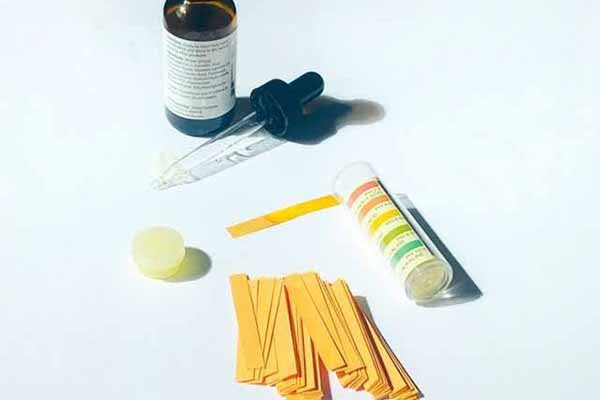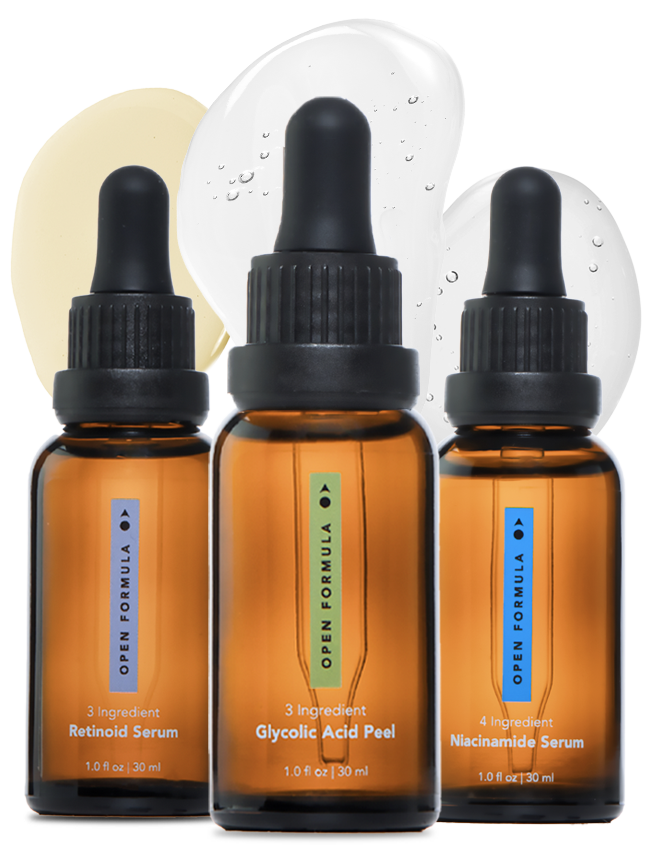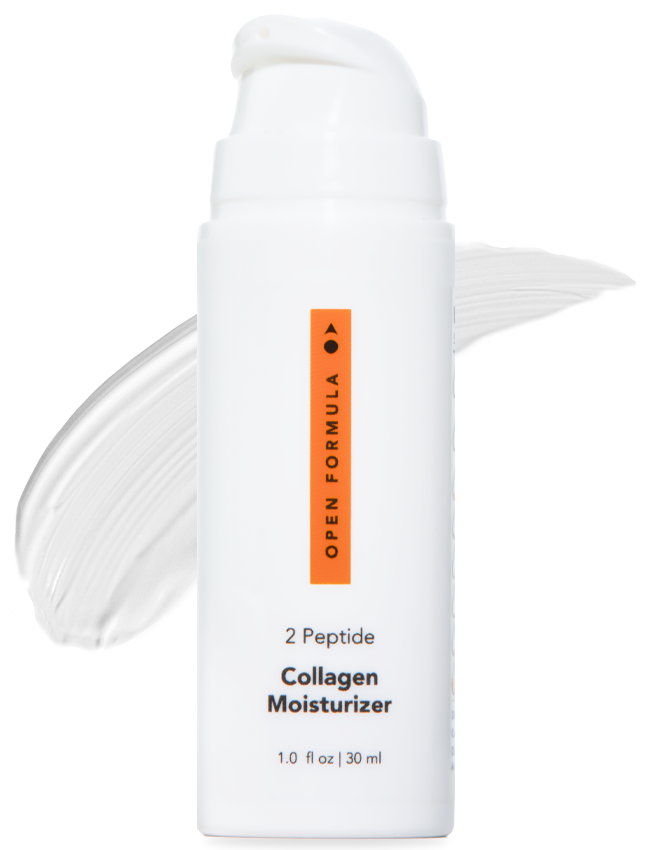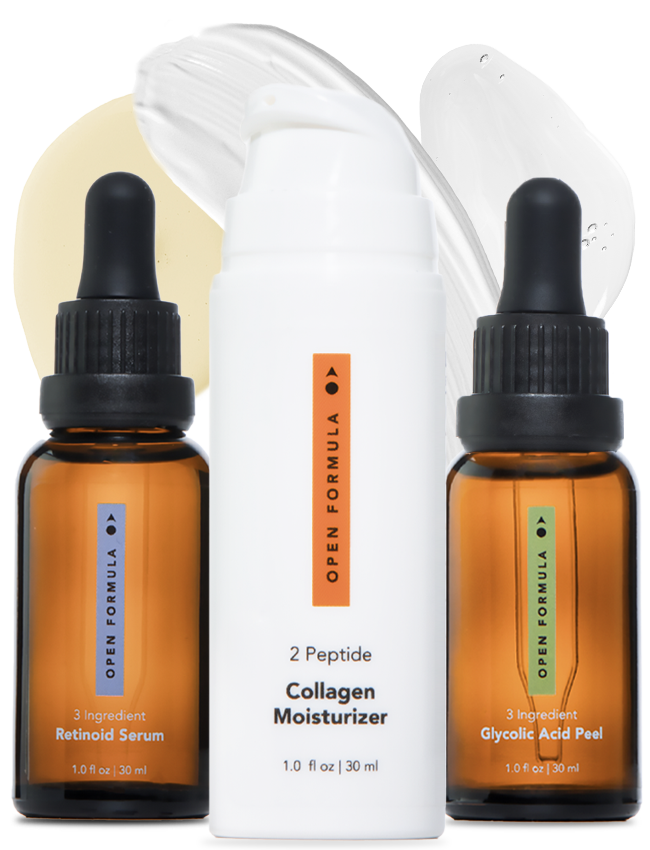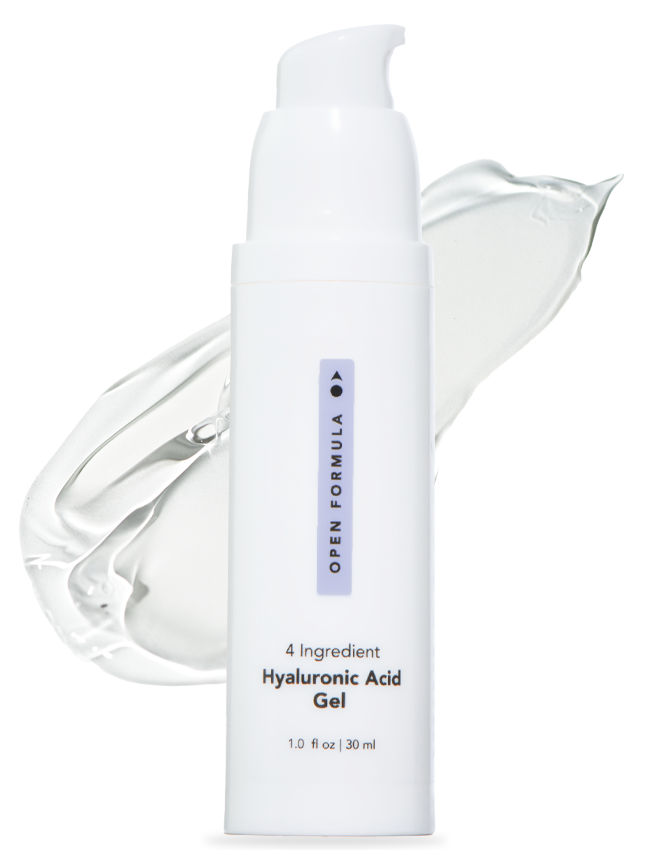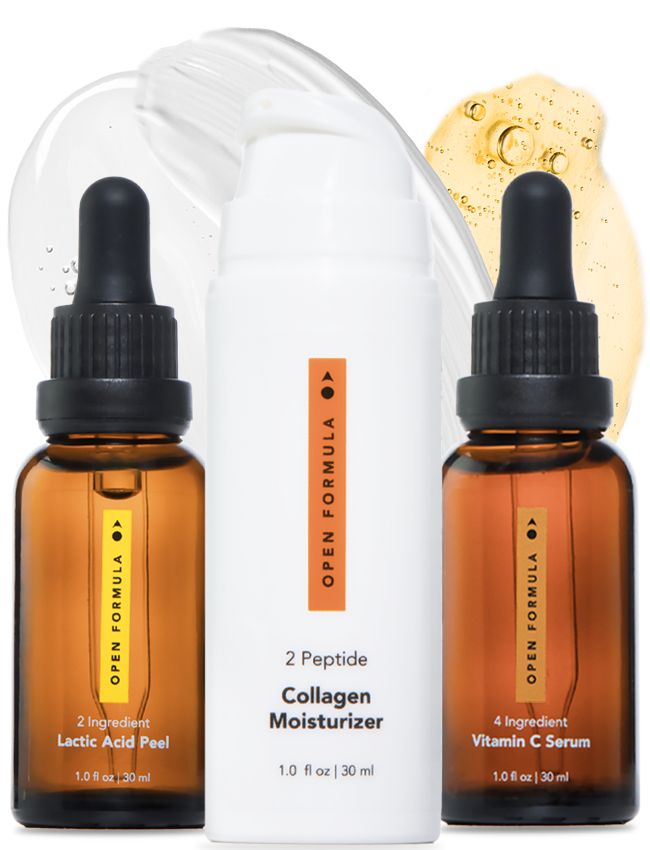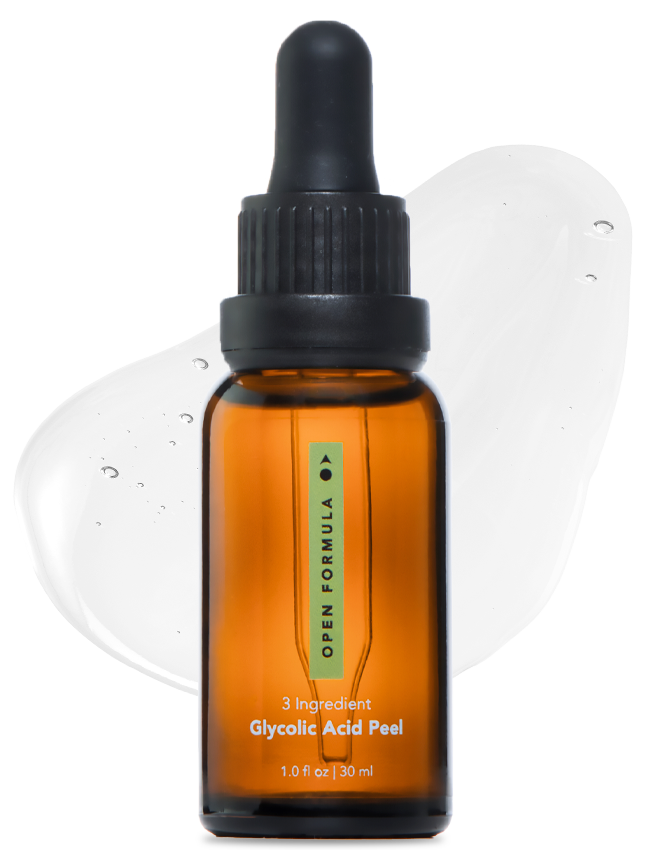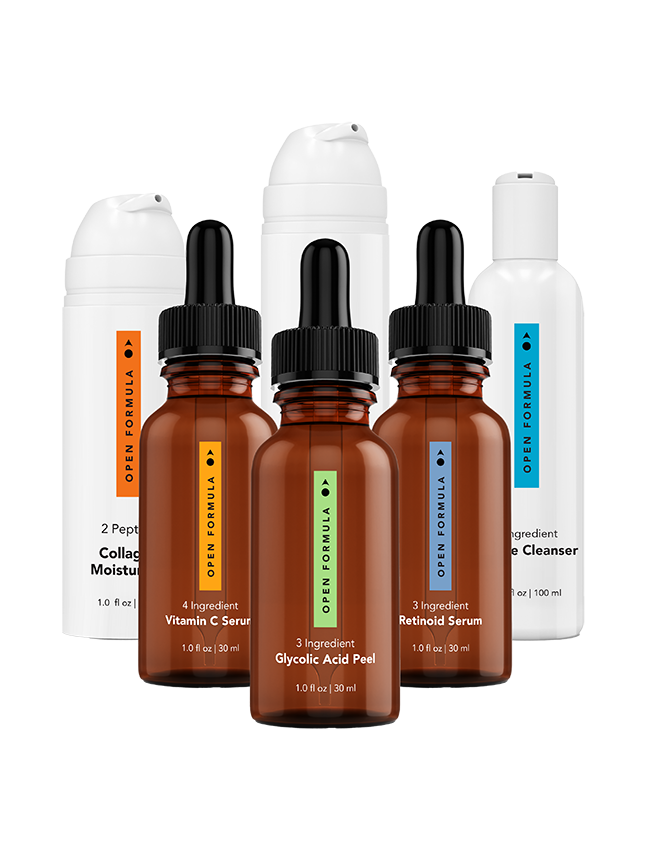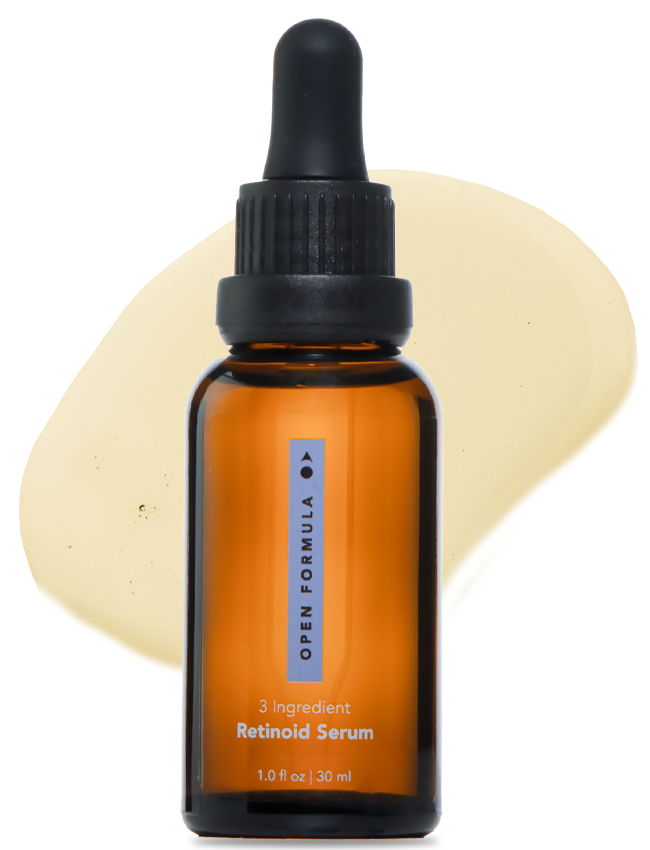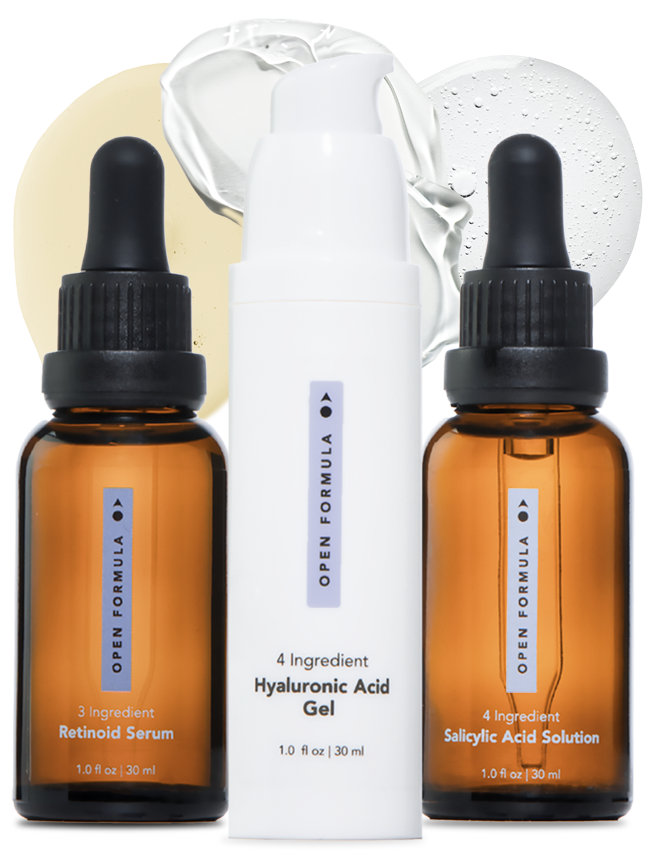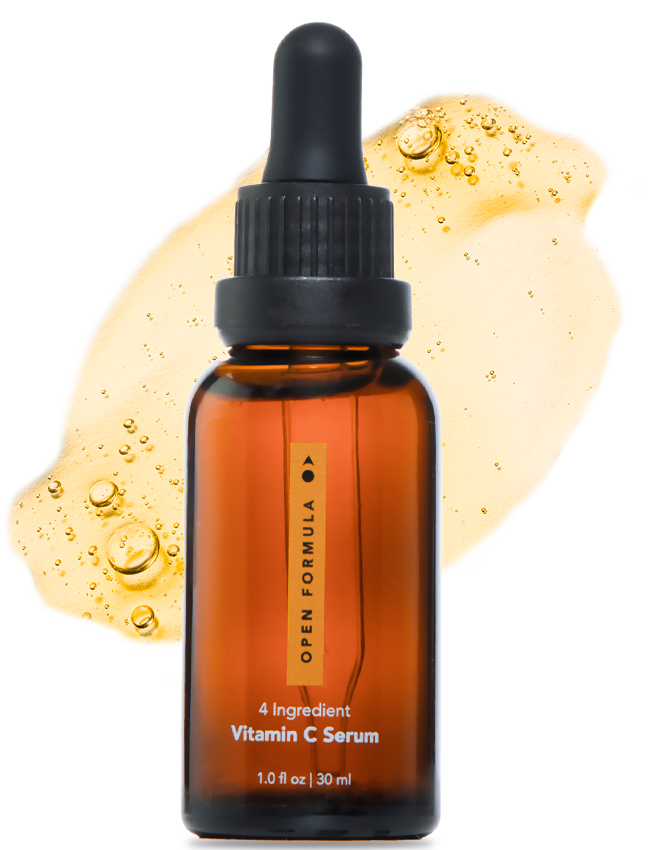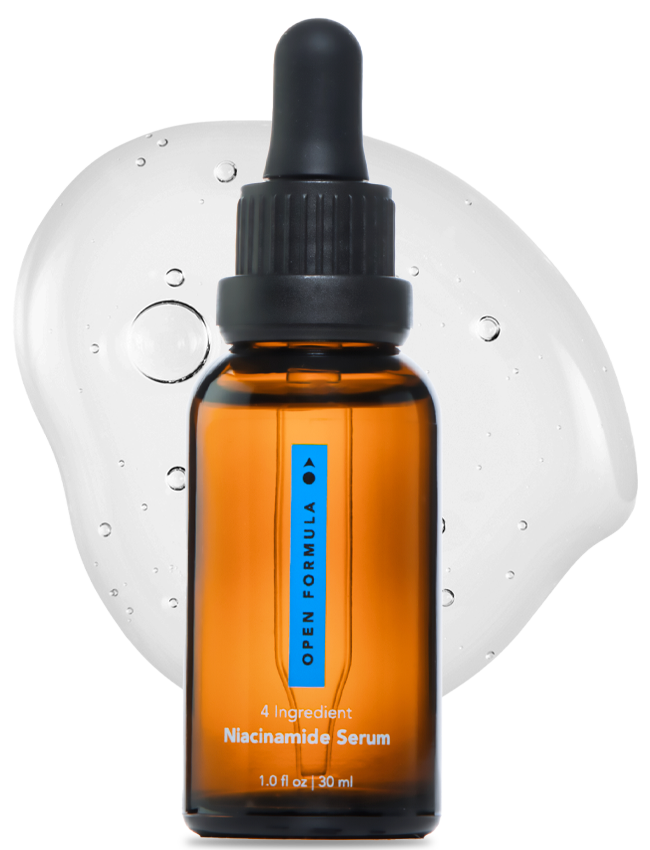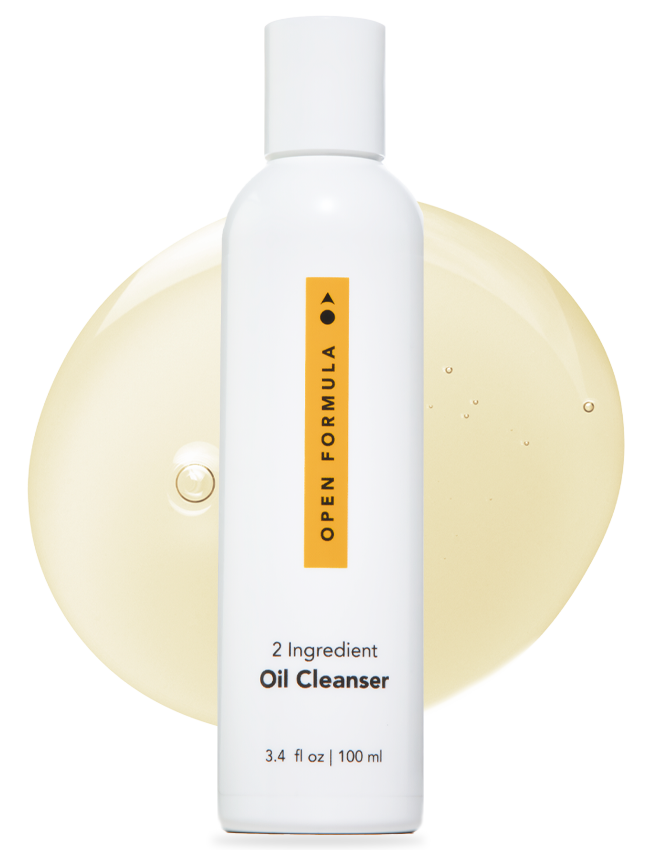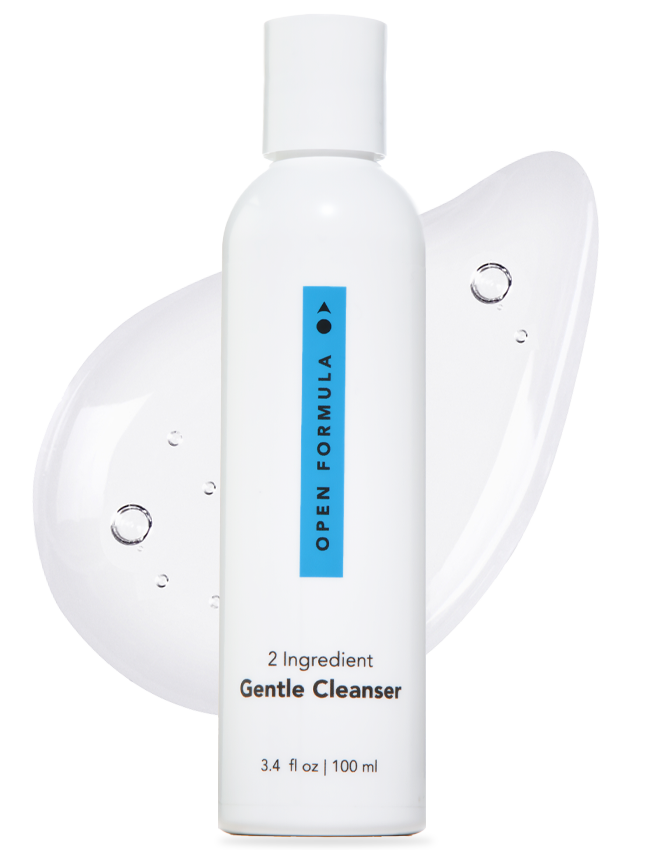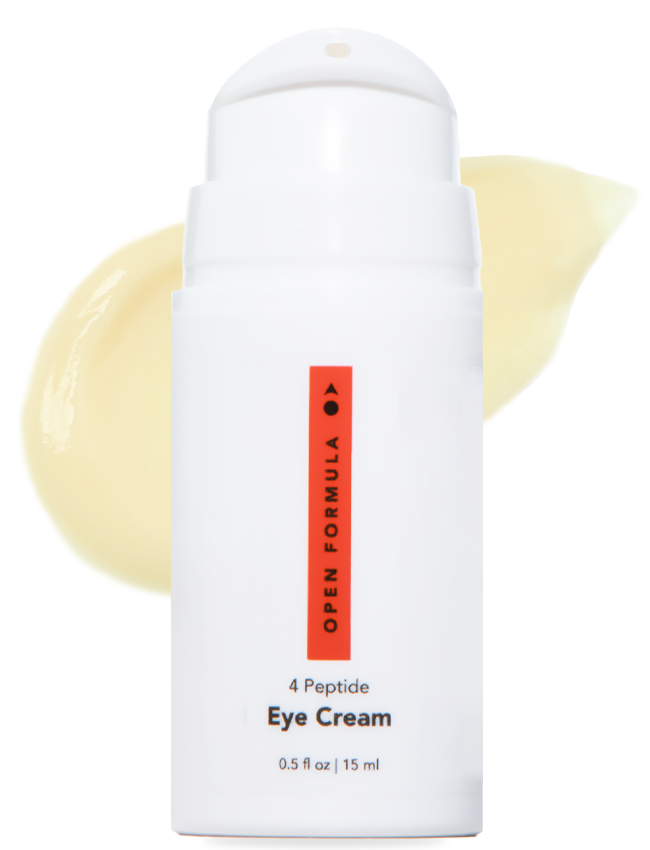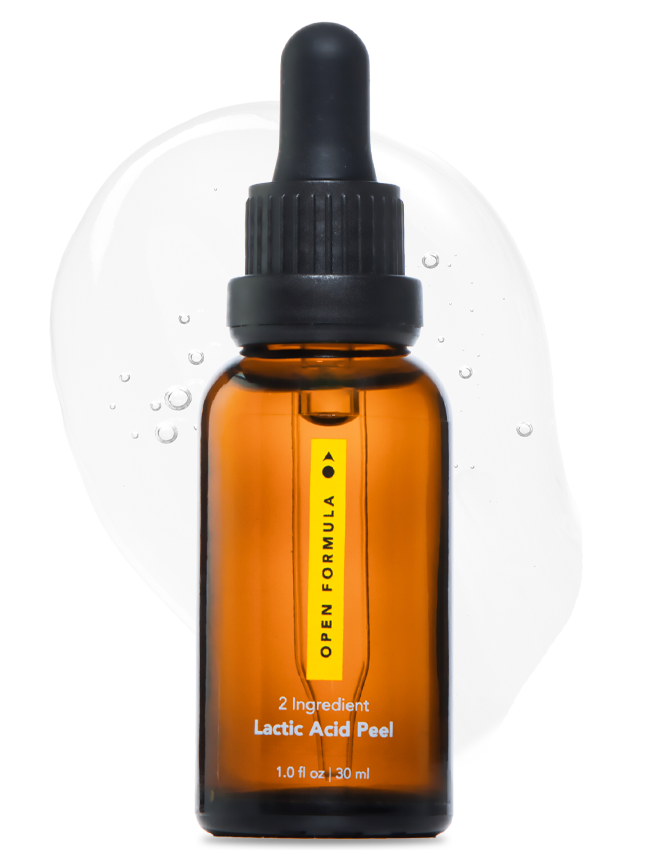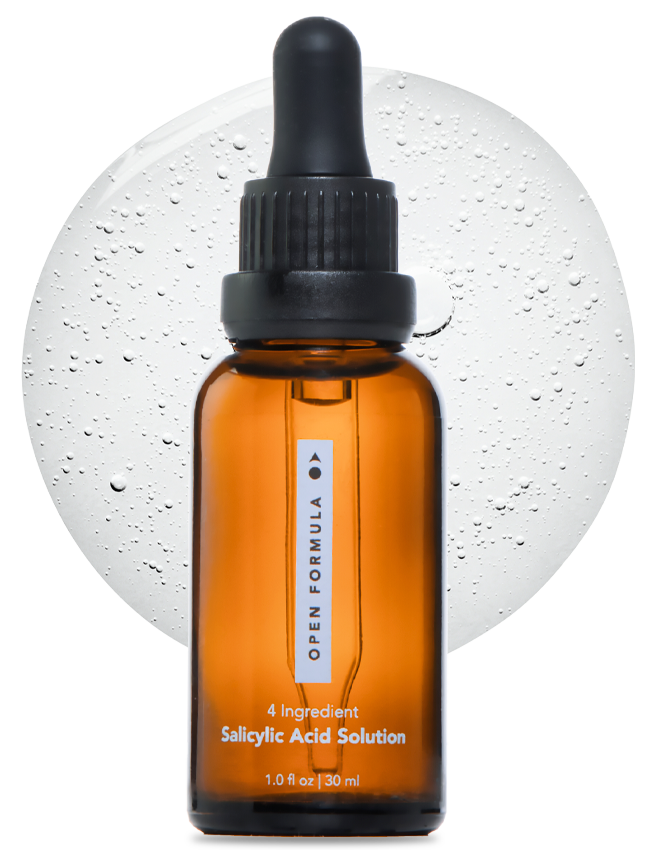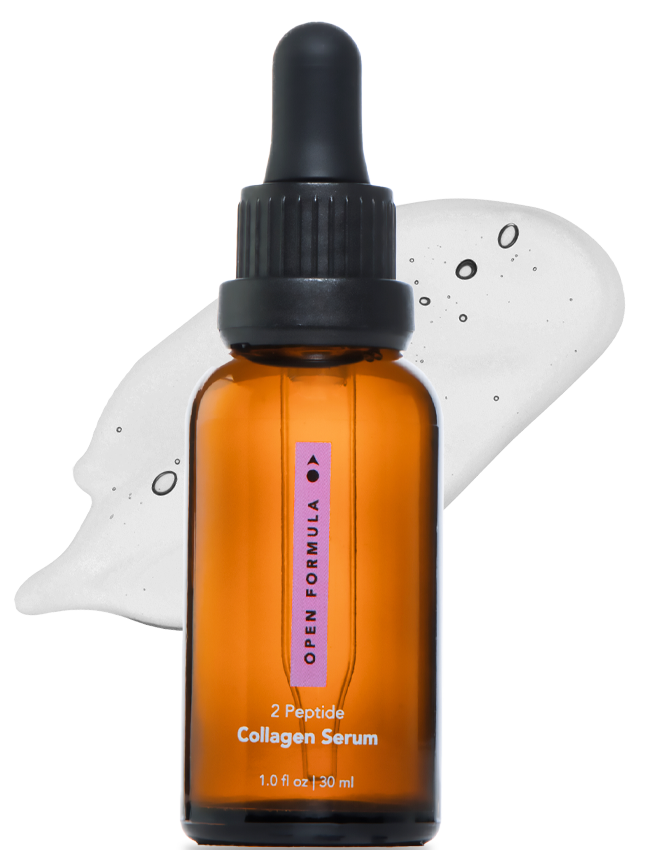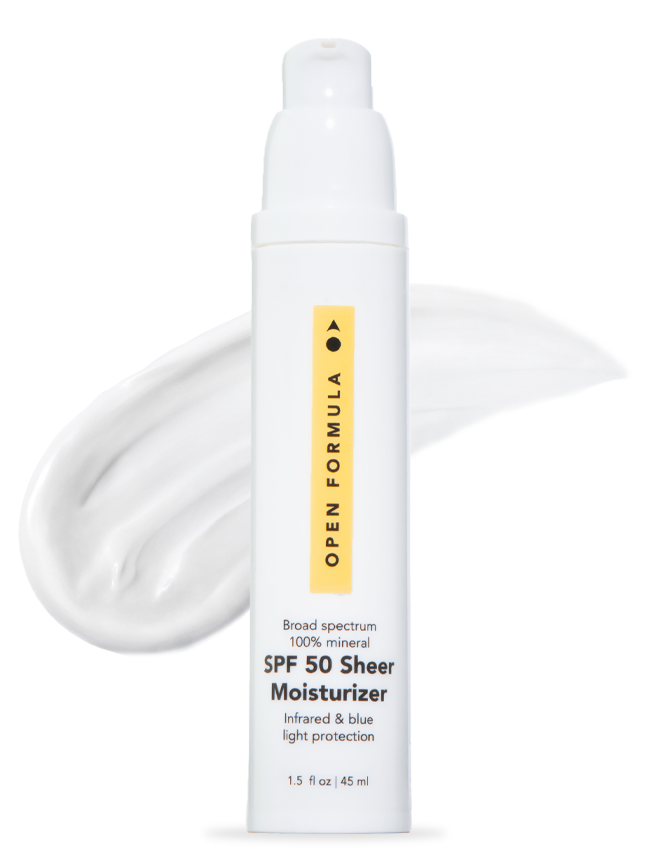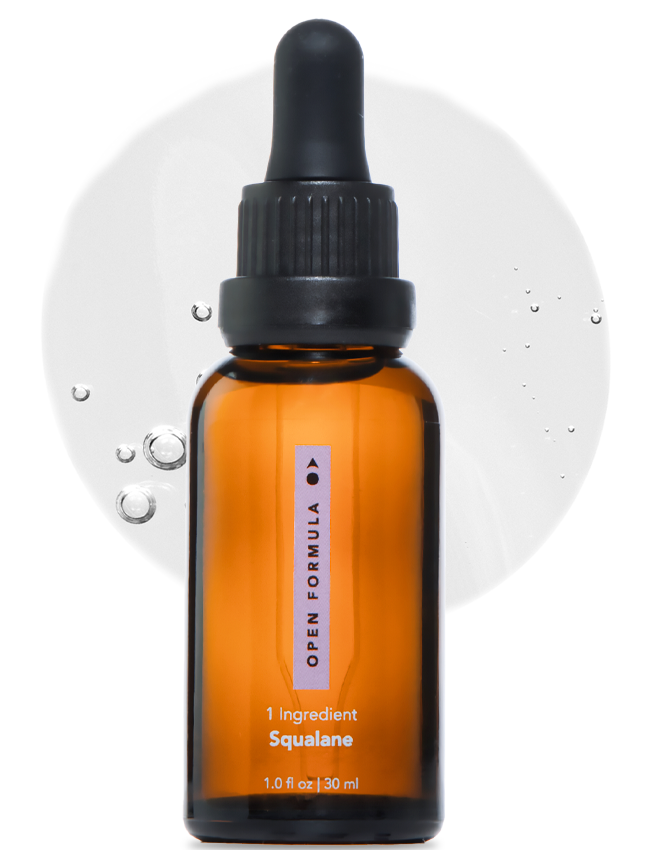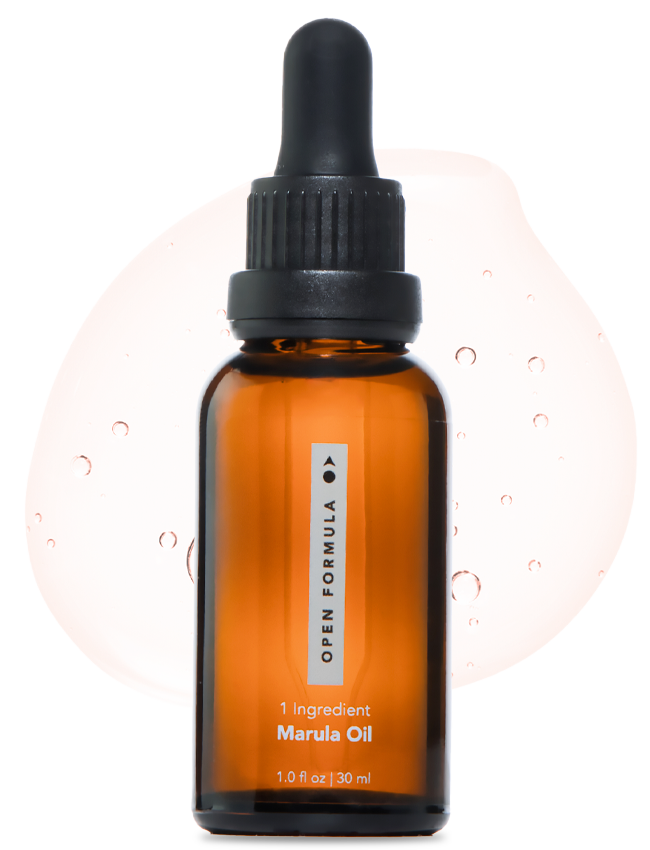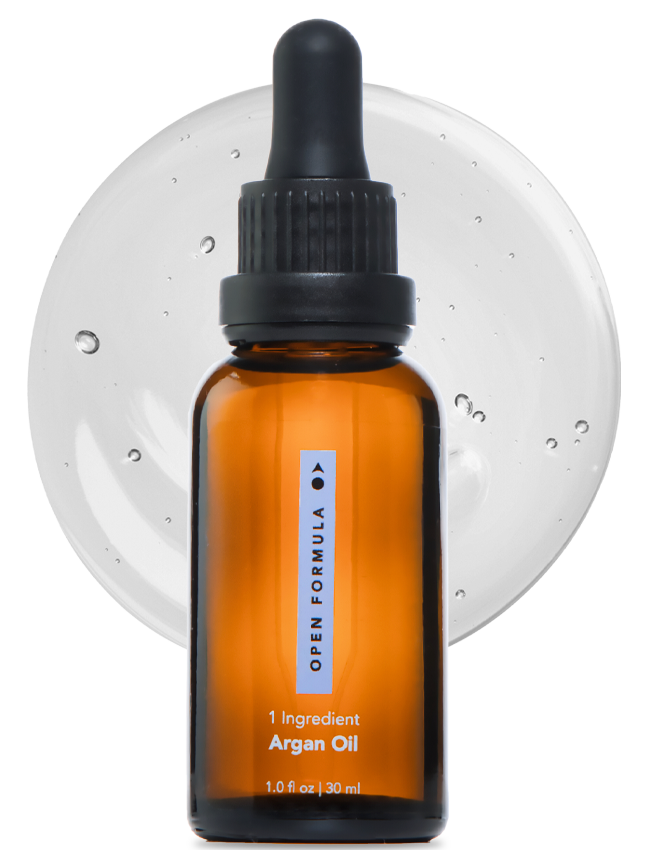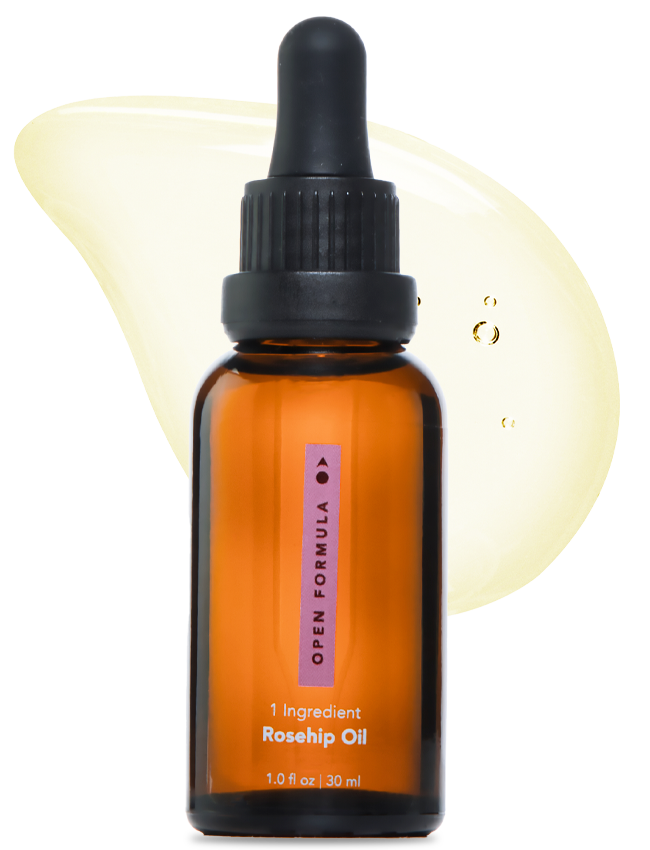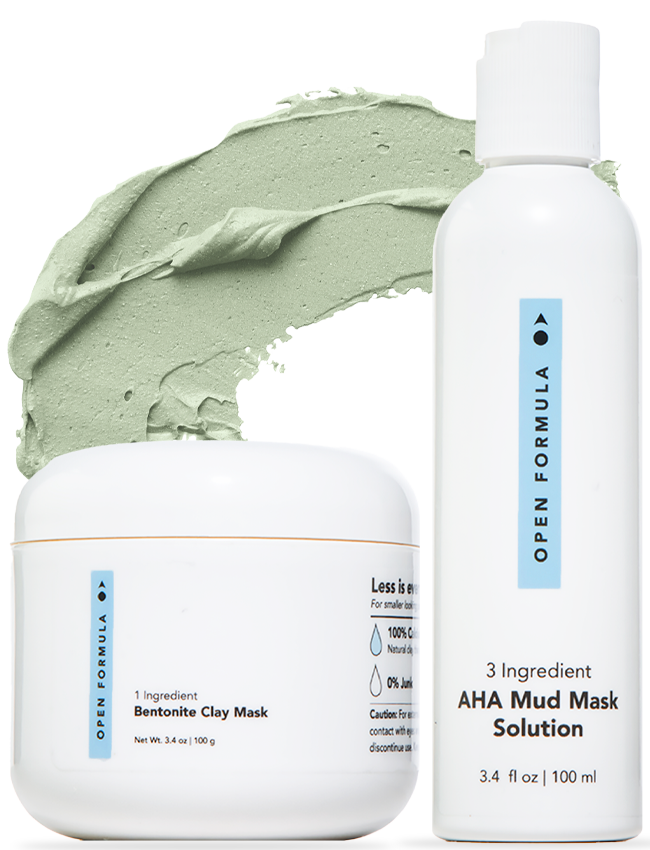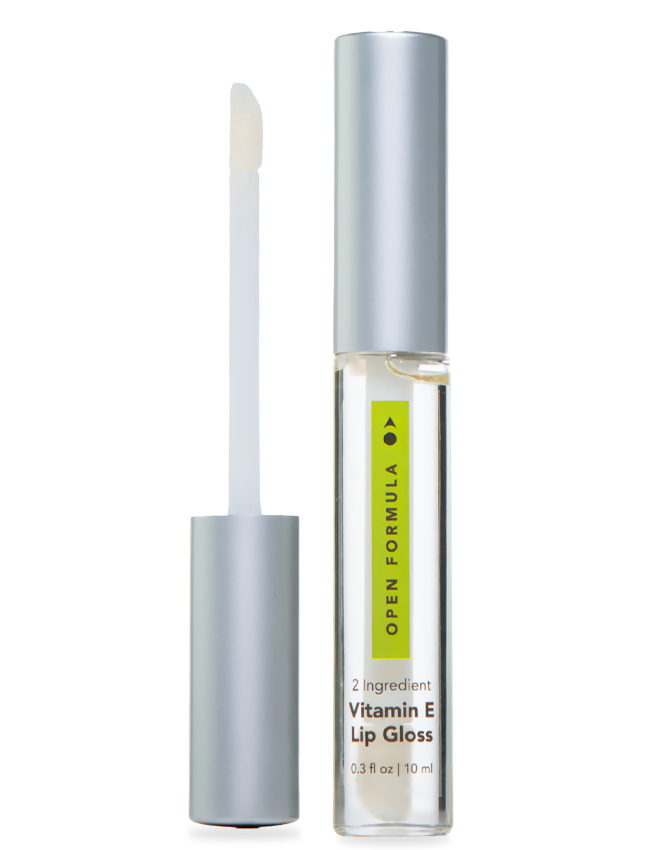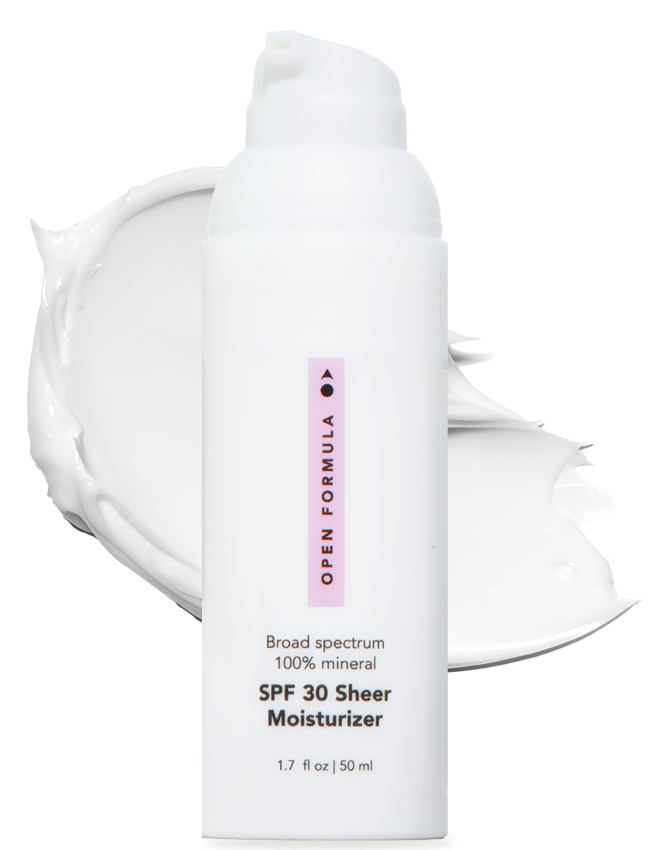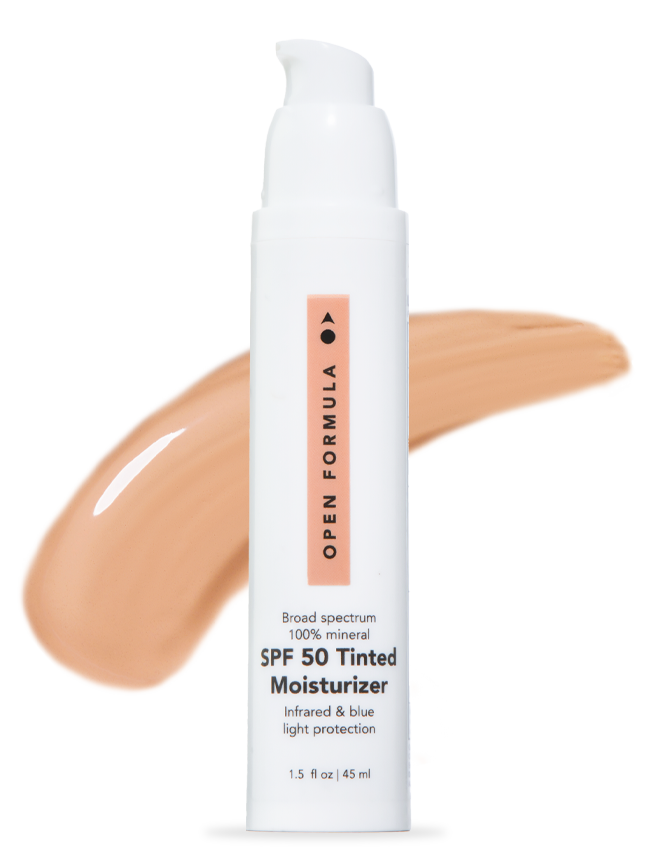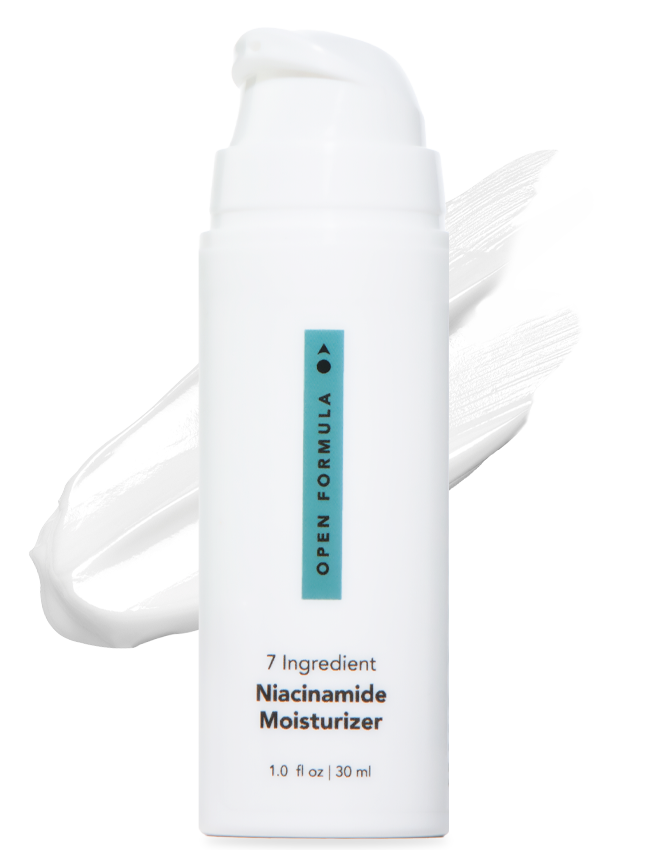Well, when it comes to skincare, pH can make or break a product. More importantly, your skin pH can make or break your skin. That sounds serious because it is serious.
Many, many studies suggest that the pH of skin is quite closely linked to overall skin health. But how do we know what to do when it comes to pH and skin? Here's our guide to skin pH and why the pH of skin (and skincare!) matters.
What Does pH Mean?
Time for a crash-course in chemistry. pH stands for 'power of Hydrogen' and is a measure of how acidic or how basic/alkaline a substance is based on the concentration of hydrogen ions. On one end of the scale are the most acidic substances and the most alkaline are on the other end.
Most things fall somewhere in between. Battery acid has a pH of 1—it's very acidic! Water is perfectly neutral at a pH of 7. The most alkaline substance is lye, with a pH of 14.
When it comes to the pH of skincare products, we don't want anything too close to either end. Each extreme is well, extremely damaging to the skin and most surfaces. Yikes!
pH is exclusive to water-based products. Any moisturizers, cleansers, toners, and serums containing water have a measurable pH.
Oils / water-free products don't have a pH because they don't have any hydrogen molecules. pH works by measuring the presence of Hydrogen, which is present in water—not oils. Luckily, that means you have one less thing to worry about when choosing the right facial oil for your skin!
Skin pH and The Ideal Number
Usually, the pH of the skin on our faces is somewhere between 4 and 5.5. In general, the 'safe zone' for skincare is between ph levels 3 to 7.
Why It’s Important to Know the pH of Skincare Products
Having a good understanding of skincare product pH will change your skincare game—seriously. pH matters just as much as any 'star ingredients' that a skincare company is highlighting in a product. If they refuse to disclose the pH of a product, that's a red flag! However, there are some basic (if you'll pardon the pun) ways to tell if a product isn't suitable for your skin.
How to Tell If Products Aren’t Suitable
When a product is too alkaline, you'll notice a slippery feeling that doesn't really seem to rinse away, even after the visible suds have washed away. This is most common in cleansers, as they are most likely to be formulated with too high a pH for the skin. You might also notice that your skin feels extra dry afterward, too—never a good sign!
If something is too acidic, it’s probably going to sting the crap out of your skin. If you've ever tried one of those terrible lemon juice hacks, you'll know exactly. If you haven't, hopefully, you never will.
A good rule of thumb is that skincare should never sting or hurt while you’re using it! It’s a red flag that you need to get it off of your skin, STAT. Two major offenders of the low pH category are lemon juice and apple cider vinegar. Keep them in the kitchen, far away from your bathroom counter!
How Does pH in Skin Care Products Affect Skin pH?
The products we apply to skin totally have an effect on the pH level of skin—that’s why it’s so important to use pH-appropriate products. But what does this actually mean when it comes to the pH skin level?
High pH and Acne
Researchers have found that there's a possible link between higher pH levels of skin and acne. A 2017 study found that almost all participants with acne at the time had a skin pH of 7 or greater. Why? Scientists say the high pH created the perfect conditions for acne-causing bacteria to multiply.
High pH Messes with the Moisture Barrier
That’s not the only thing that can happen—too high of a pH almost always causes dry, irritated skin. There’s an important structure of our skin called the moisture barrier, or acid mantle. It’s not something that we can see with the naked eye, but we rely on it a lot on it for keeping our skin healthy. Its main job is to stop too much water leaving the skin as hydration loss, as well as protecting it from outside irritants.
Using products that cause a pH imbalance in the skin breaks down that barrier, causing dehydration, irritation, and even eczema.
pH Is Key For Product Efficacy
The pH of skincare products is also crucial to the products working correctly and showing visible results. Some products are pH-dependent. Most commonly exfoliating acids, because they're acids. There's a specific pH that they need to have in order to be the most effective for your skin, usually between 3 and 3.75. Too high of a pH means the acid is less likely to work and, unfortunately, a waste of money!
Another famously pH-dependent ingredient is Vitamin C. A low pH helps Vitamin C be even more effective at brightening skin and boosting collagen production. This is especially true for L-Ascorbic Acid.
When it comes to pH and skin, it's something that commonly gets overlooked—but it shouldn't be. Well-formulated products will always take pH into account when it comes to both ingredient-efficiency and skin safety. Now you have all the information on skin pH to make the best decision possible for your skin and for the good skin days ahead.

